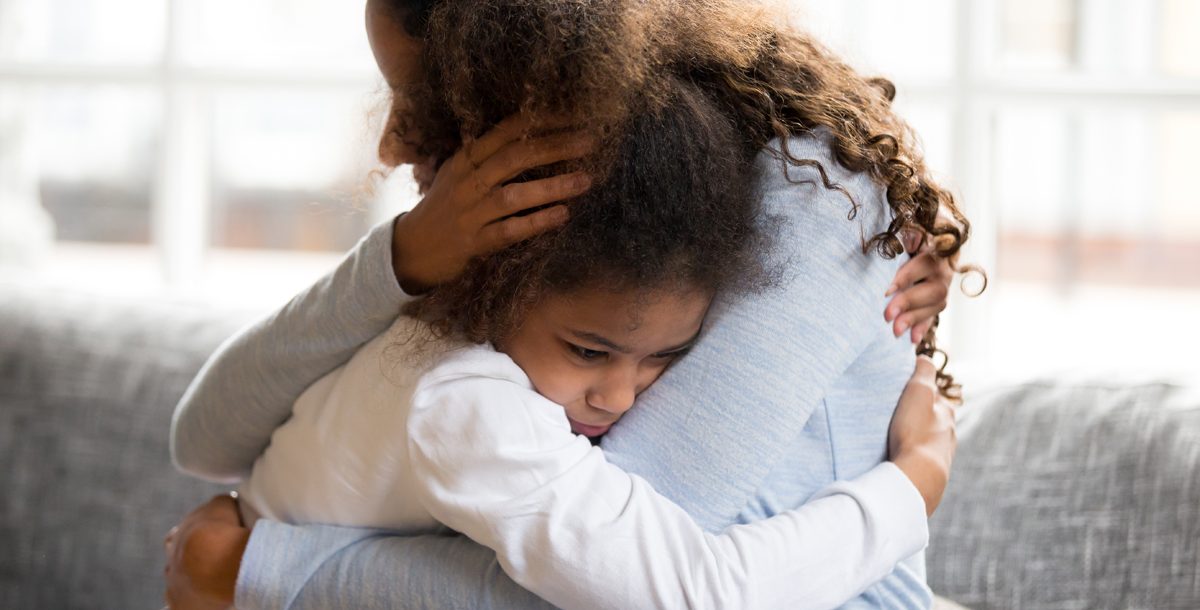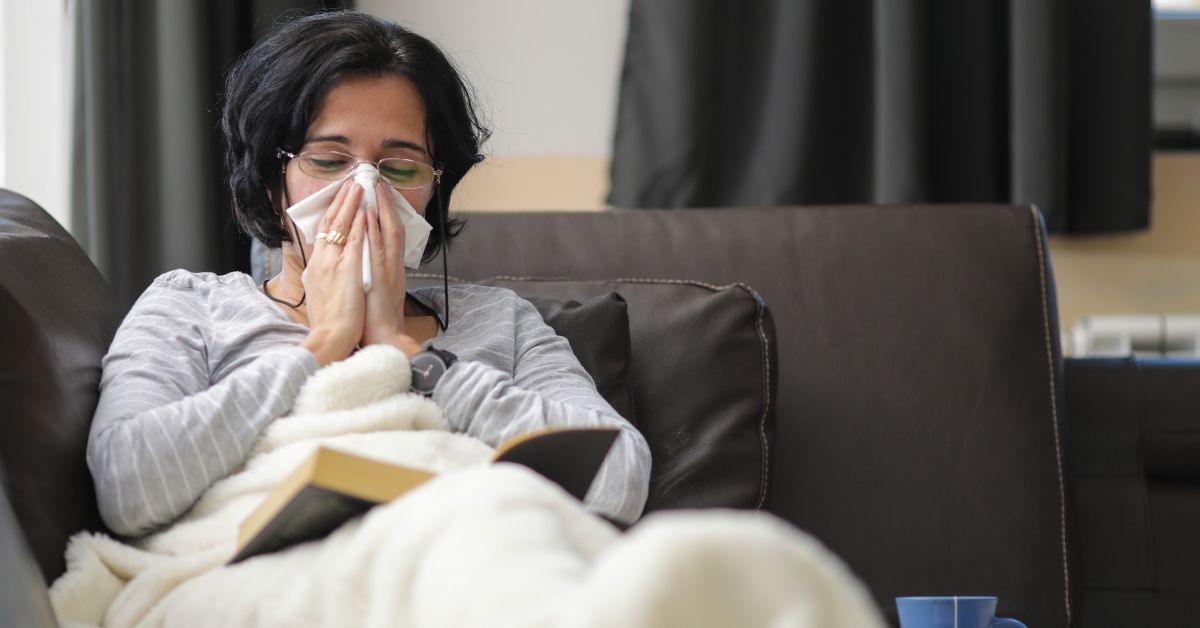It is typical for children to have some fears and worries. However, when these feelings become more severe this could be anxiety.
Anxiety affects people of all ages and is more common than most people think. According to the American Academy of Pediatrics, approximately 8 percent of all children and adolescents are affected by anxiety disorders.
While there are many types of anxiety that can affect youth, the most common include:
- Generalized anxiety disorder
- Panic disorder
- Separation anxiety disorder
- Phobic disorders
Philip Valmores, DO, pediatrician at Bon Secours Pediatrics of Richmond, provides suggestions for helping children who may have anxiety.
Signs and symptoms of anxiety in children
Feelings of anxiety manifest in different ways, including behavior issues. Younger children who cannot express their feelings may cry more, have tantrums or act out. Older children may play sick or find reasons not to engage with others.
“When the behavior is more extreme, we think about anxiety disorders,” says Dr. Valmores. “Some kids won’t want to go to school or refuse to speak in front of groups.”
Some common signs and symptoms of anxiety could include:
- Recurring fears and worries, sometimes including being separated from loved ones
- Headaches and stomachaches
- Trouble sleeping
- Trouble concentrating
How can parents help their child with anxiety?
Sometimes exposure to the fear can help a child cope with their anxiety, depending on the individual and the situation. Even so, when it comes to child and adolescent anxiety, “good family problem solving” is particularly important according to Dr. Valmores.
Treatment plans that health care providers recommend for children suffering from anxiety disorders often include a lot of parent involvement. Parents are responsible for helping teach their children coping skills to reinforce strategies and continue treatment interventions at home.
“Overbearing parents can create anxious children, so it’s important for parents not to be too controlling or overprotective,” says Dr. Valmores. “Children feed off of their parents’ anxiety.”
Children learn a lot from parents, not just what they are taught but also what they observe. It is important for parents to remember this.
When should parents seek medical expertise regarding their child’s anxiety?
“If a child’s behaviors are affecting and distressing the family dynamics or causing problems with the child’s peers, teachers or grades at school, then it should be addressed,” says Dr. Valmores. The treatment process can begin with a health care professional, such as a pediatrician, family medicine or primary care provider.
A screening will be done to help determine the diagnosis and best treatment options. This could involve in-home strategies for parents to work on with their child. In more severe cases, formal cognitive behavioral therapy might be suggested. This effective method teaches children how to manage their symptoms by reshaping thoughts and other relaxation techniques. Medications are another treatment option for severe anxiety.
Anxiety can coexist with other psychiatric conditions and behaviors such as ADHD, depression and oppositional defiant disorder, which is when a child acting out toward authorities at school.
Parents should seek professional help if they have concerns about their child’s mental health. This way the family can receive treatment options and coping methods for handling these health issues.
Find a Bon Secours physician near you.





